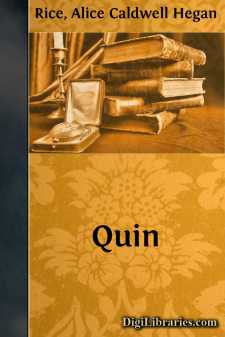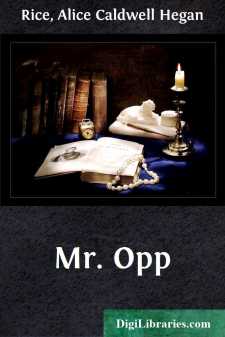Categories
- Antiques & Collectibles 13
- Architecture 36
- Art 48
- Bibles 22
- Biography & Autobiography 815
- Body, Mind & Spirit 144
- Business & Economics 28
- Children's Books 18
- Children's Fiction 14
- Computers 4
- Cooking 94
- Crafts & Hobbies 4
- Drama 346
- Education 58
- Family & Relationships 59
- Fiction 11834
- Games 19
- Gardening 17
- Health & Fitness 34
- History 1378
- House & Home 1
- Humor 147
- Juvenile Fiction 1873
- Juvenile Nonfiction 202
- Language Arts & Disciplines 89
- Law 16
- Literary Collections 686
- Literary Criticism 179
- Mathematics 13
- Medical 41
- Music 40
- Nature 179
- Non-Classifiable 1768
- Performing Arts 7
- Periodicals 1453
- Philosophy 65
- Photography 2
- Poetry 896
- Political Science 203
- Psychology 44
- Reference 154
- Religion 515
- Science 126
- Self-Help 85
- Social Science 82
- Sports & Recreation 34
- Study Aids 3
- Technology & Engineering 59
- Transportation 23
- Travel 463
- True Crime 29
Our website is made possible by displaying online advertisements to our visitors.
Please consider supporting us by disabling your ad blocker.
Mrs. Wiggs of the Cabbage Patch
Description:
Excerpt
CHAPTER I
"In the mud and scum of things
Something always always sings!"
"MY, but it's nice an' cold this mornin'! The thermometer's done fell up to zero!"
Mrs. Wiggs made the statement as cheerfully as if her elbows were not sticking out through the boy's coat that she wore, or her teeth chattering in her head like a pair of castanets. But, then, Mrs. Wiggs was a philosopher, and the sum and substance of her philosophy lay in keeping the dust off her rose-colored spectacles. When Mr. Wiggs traveled to eternity by the alcohol route, she buried his faults with him, and for want of better virtues to extol she always laid stress on the fine hand he wrote. It was the same way when their little country home burned and she had to come to the city to seek work; her one comment was: "Thank God, it was the pig instid of the baby that was burned!"
So this bleak morning in December she pinned the bed-clothes around the children and made them sit up close to the stove, while she pasted brown paper over the broken window-pane and made sprightly comments on the change in the weather.
The Wiggses lived in the Cabbage Patch. It was not a real cabbage patch, but a queer neighborhood, where ramshackle cottages played hop-scotch over the railroad tracks. There were no streets, so when a new house was built the owner faced it any way his fancy prompted. Mr. Bagby's grocery, it is true, conformed to convention, and presented a solid front to the railroad track, but Miss Hazy's cottage shied off sidewise into the Wiggses' yard, as if it were afraid of the big freight-trains that went thundering past so many times a day; and Mrs. Schultz's front room looked directly into the Eichorns' kitchen. The latter was not a bad arrangement, however, for Mrs. Schultz had been confined to her bed for ten years, and her sole interest in life consisted in watching what took place in her neighbor's family.
The Wiggses' house was the most imposing in the neighborhood. This was probably due to the fact that it had two front doors and a tin roof. One door was nailed up, and the other opened outdoors, but you would never guess it from the street. When the country house burned, one door had been saved. So Mrs. Wiggs and the boys brought it to the new home and skilfully placed it at the front end of the side porch. But the roof gave the house its chief distinction; it was the only tin roof in the Cabbage Patch. Jim and Billy had made it of old cans which they picked up on the commons.
Jim was fifteen and head of the family; his shoulders were those of a man, and were bent with work, but his body dwindled away to a pair of thin legs that seemed incapable of supporting the burden imposed upon them. In his anxious eyes was the look of a bread-winner who had begun the struggle too soon. Life had been a tragedy to Jim: the tragedy that comes when a child's sensitive soul is forced to meet the responsibilities of manhood, yet lacks the wisdom that only experience can bring.
Billy Wiggs was differently constituted; responsibilities rested upon him as lightly as the freckles on his nose....










